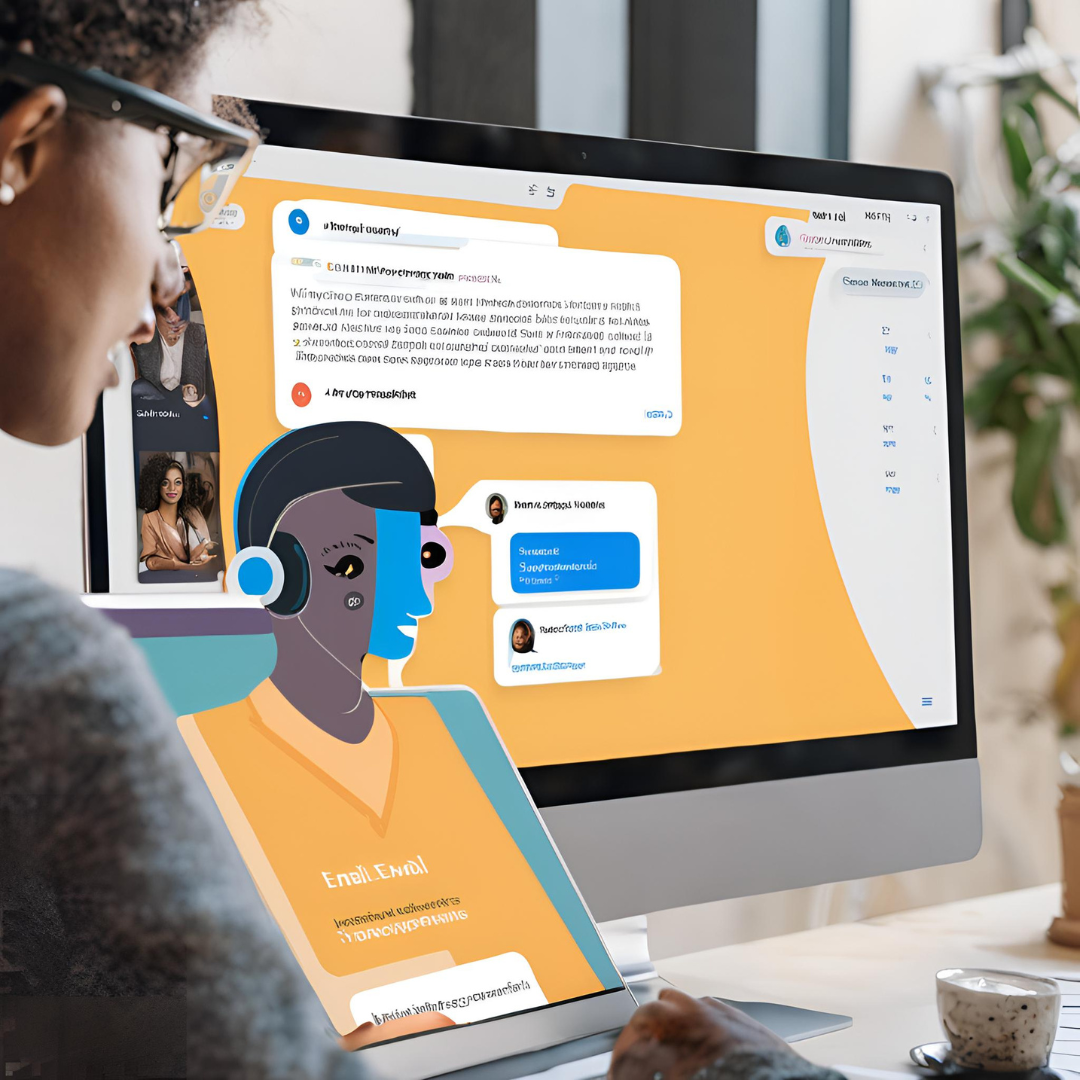The digital era has revolutionized our access to information, rendering antiquated the days of limited resources and dusty libraries. Now, with just a few clicks or taps, we can dive into virtually any topic imaginable. We have real-time news from all corners of the globe, an abundance of educational resources, and endless opinions filling the digital airwaves. Although this abundance of information is a great advantage, it also poses a significant challenge: information overload. The vast sea of content can feel overwhelming, leaving us unsure of what to trust, where to start, and how to effectively find what we need. The constant influx of information can also lead to decision fatigue and difficulty focusing on in-depth learning. So, how can we become masters of information, rather than its slaves? This blog post will explore the strategies previously outlined and provide you with advanced techniques to conquer the information age.
Beyond the Basics: Mastering Your Research Toolkit
1. Advanced Source Evaluation: Unveiling the Truth Behind the Text
While identifying credible sources is crucial, effective information seekers go beyond basic checks. Here are some additional tactics to consider:
- Authorship: Look beyond the name. What are the author's credentials? Do they have a history of publishing on the topic? Are there any potential conflicts of interest?
- Publication Bias: Be aware of the tendency for journals and websites to prioritize studies with positive or significant results. Consider seeking out research with null findings to gain a more balanced perspective.
- Currency: Information evolves rapidly. Ensure the sources you consult are up-to-date, especially in science and technology fields.
- Logical Fallacies: Develop a keen eye for logical fallacies, such as hasty generalizations, appeals to emotion, and straw man arguments. These are often used to manipulate opinions rather than present sound evidence.
Pro Tip: Utilize advanced search functionalities on academic databases to filter results by publication date, author expertise, and peer-reviewed status.
2. Fact-Checking and Verification: Separating Fact from Fiction
In today's digital landscape, misinformation and disinformation run rampant. Cultivating a healthy skepticism is essential. Here's how to strengthen your fact-checking skills:
- Cross-referencing: Don't rely on a single source. Verify information by checking established news outlets, reputable academic journals, or government websites that cover the topic.
- Fact-Checking Websites: Utilize fact-checking websites like Snopes, PolitiFact, or FactCheck.org to verify claims and identify debunked information.
- Data Literacy: Develop basic data literacy skills. Learn to identify reliable data sources, understand statistical methods, and recognize misleading data visualizations.
Pro Tip: Use reverse image search engines to track down the original source of an image and assess its context.
3. Building a Network of Experts: Leveraging Expertise Beyond the Web
While online resources are invaluable, sometimes the most insightful information comes directly from subject-matter experts. Here are some ways to tap into expert knowledge:
- Professional Associations: Many professional fields have established associations that offer directories of experts on specific topics.
- University Resources: Many universities offer public lectures, workshops, and online forums featuring industry leaders and academics.
- Social Media Strategically: Targeted searches on social media platforms like LinkedIn can help you connect with experts in your field.
Pro Tip: Consider following academic Twitter lists curated on specific topics to stay updated on the latest research and expert opinions.
4. Advanced Search Techniques: Unveiling Hidden Gems
Mastering sophisticated search techniques can unlock a treasure trove of valuable information. Here are some advanced search strategies:
- Boolean Operators: Utilize Boolean operators like AND, OR, and NOT to refine your searches and narrow down results.
- Phrase Searching: Use quotation marks around specific phrases to ensure your search engine pulls up content with the exact wording.
- Site-Specific Searches: Many websites like academic databases allow you to restrict your search to their specific domain using the "site:" operator.
Pro Tip: Explore advanced search options offered by specific databases or libraries. Many offer powerful tools to filter results by publication type, methodology, and other criteria.
5. Beyond Text: Diversifying Your Information Diet
Effective information consumption goes beyond traditional text-based sources. Here are some ways to broaden your information landscape:
- Podcasts: Podcasts provide in-depth discussions with experts, interviews, and thought-provoking conversations on various topics.
- Documentaries and Educational Videos: Visual and audio formats can enhance understanding and provide a different perspective on complex topics.
- Interactive Data Visualizations: Data visualizations can make complex data sets more accessible and illuminate trends and patterns.
Pro Tip: Combine different information formats for a more holistic understanding. For example, complement a scholarly article on climate change with a documentary showcasing the impact on specific regions.
Encouraging a Mindset of Growth: Embracing Lifelong Learning
The quest for mastery over information is an ongoing pursuit, not a one-time accomplishment. Here are some helpful techniques to foster a lifelong passion for learning:
Develop a Sense of Wonder:
Nurture a natural inquisitiveness about the world surrounding you. Ask questions, explore novel subjects, and challenge your preconceptions.
Tackle New Obstacles:
Venture beyond your comfort zone and delve into unfamiliar material. This will keep your mind agile and expand your repertoire of knowledge.
Active Learning Techniques:
Go beyond passively absorbing information. Take notes, summarize main concepts, and converse with others about what you learn. Apply your knowledge to practical dilemmas or imaginative undertakings.
Time Management for Learning:
Set aside devoted time for learning, whether it's reading an article, tuning into a podcast, or participating in a workshop. Make learning a regular part of your day-to-day.
Recall:
The more you learn, the more adept you become at navigating the ever-changing information landscape.





Leave a Reply